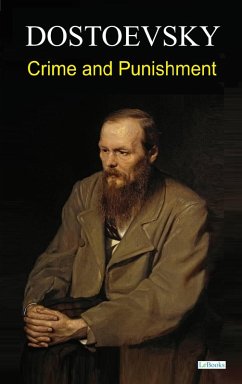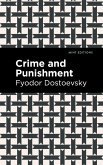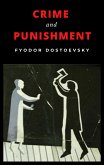Crime and Punishment is a psychological exploration of guilt, redemption, and the moral dilemmas faced by individuals in extreme circumstances. Fyodor Dostoevsky delves into the mind of Raskolnikov, a destitute former student who commits murder under the belief that extraordinary individuals are above conventional morality. The novel examines the psychological torment that follows his crime, contrasting his justifications with the reality of his conscience and the societal consequences of his actions. Through this, Dostoevsky critiques utilitarian ethics and explores the depths of human suffering and moral reckoning. Since its publication, Crime and Punishment has been widely recognized for its intense psychological depth and philosophical inquiry. The novel's exploration of free will, justice, and the struggle between rationalization and remorse has cemented its status as a cornerstone of world literature. Raskolnikov's internal conflict and his interactions with characters such as Sonya Marmeladov and Porfiry Petrovich continue to engage readers, offering profound insights into the human psyche. The novel's lasting significance lies in its ability to probe the darker recesses of human motivation while also affirming the possibility of redemption. By dissecting the intricate relationship between crime, conscience, and societal structure, Crime and Punishment compels readers to reflect on their own moral convictions and the nature of justice in an imperfect world.
Dieser Download kann aus rechtlichen Gründen nur mit Rechnungsadresse in A, B, BG, CY, CZ, D, DK, EW, E, FIN, F, GR, H, IRL, I, LT, L, LR, M, NL, PL, P, R, S, SLO, SK ausgeliefert werden.









